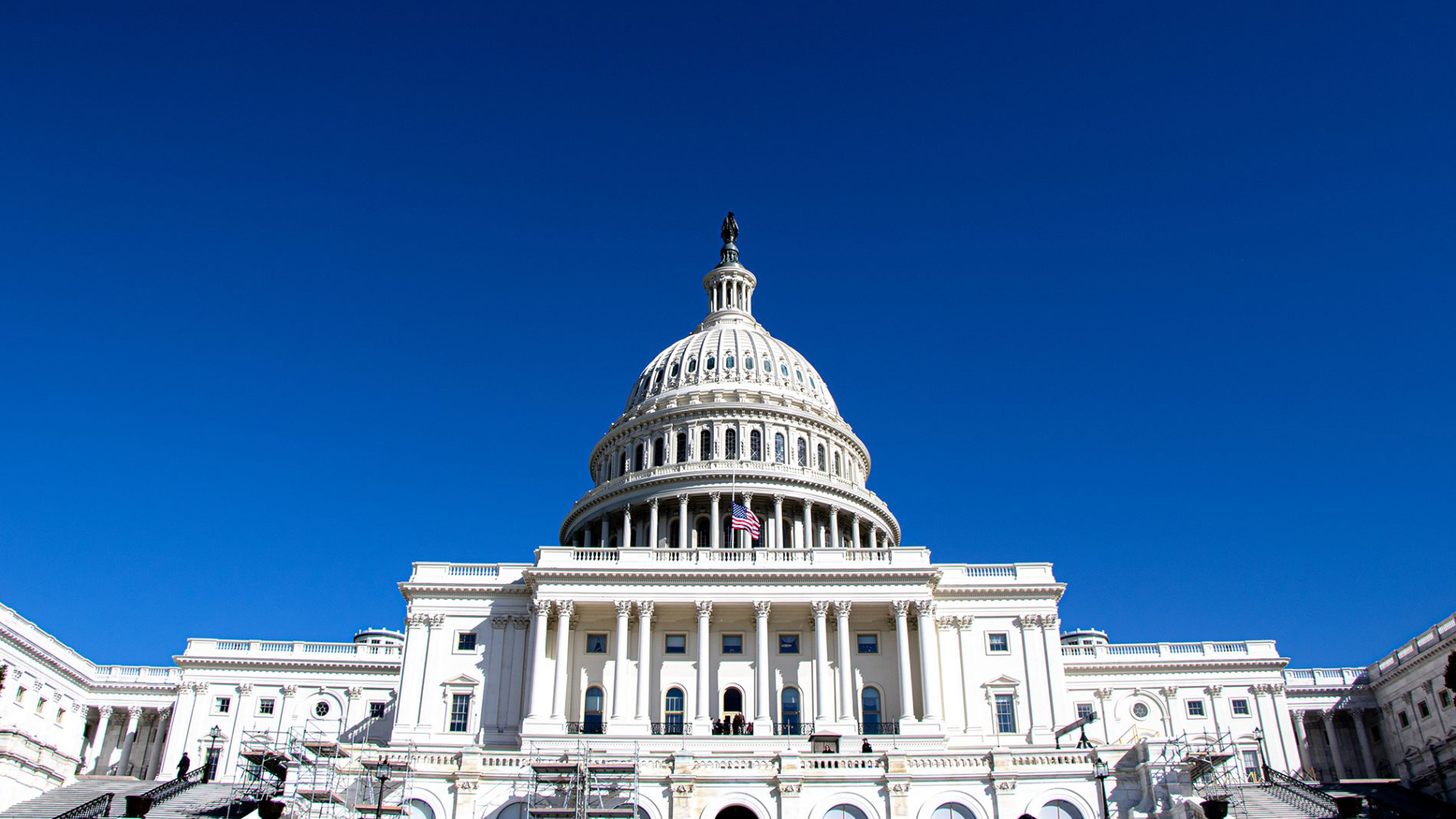Views expressed in opinion columns are the author’s own.
The United States is constantly trying to sanitize and revise its long and brutal history of racism, oppression and exploitation. This rampant conservative backlash to critical race theory — a fairly straightforward concept whose actual meaning has been endlessly distorted — is yet another attempt to conveniently censor this country’s history.
While it’s been branded as Marxist propaganda by conservatives, CRT is a versatile approach to learning that would positively impact the collective memory of the U.S., especially its students. Even if it went by a less academic name, I suspect white people would still be very much against the implementation of CRT education in schools.
That’s why it is important that legislators at the local, state and federal level make efforts to both defend against attempts to smother it and work to establish more holistic CRT education in the classroom.
I’ve found that white people really hate acknowledging anti-Black racism even exists, and they hate acknowledging it is deeply embedded into the fabric of this country even more. I think it’s so glaringly obvious the aversion to any sort of historical racial analysis stems from the fact that critical race theory completely shatters the “benevolent land of equal opportunity” image that the U.S. has worked so hard to cultivate.
This country’s conservative politicians have moved to eliminate education that focuses on race and inequality. Former President Donald Trump used his final months in office to order all federal agencies to end any and all funding for training on racial sensitivity, critical race theory and white privilege because they were “divisive” and suggested that “the United States is an inherently racist or evil country.”
Since then, there has been a flurry of legislation essentially aimed at eradicating the entire concept of CRT, specifically in public schools. Texas recently passed a bill banning public school teachers from teaching anything even related to the concept of race, which could include ideas such as white privilege, reparations and other topics that could be seen as divisive. Iowa banned teachings about “collective guilt and state-sanctioned racism,” while Oklahoma banned mandatory diversity training.
BREAKING: Oklahoma Gov. Kevin Stitt announced Friday he signed a bill into law, which bans Critical Race Theory and mandatory diversity training in Oklahoma schools.
— The Election Wizard (@Wizard_Predicts) May 7, 2021
Even with their objections, I still don’t think opposers understand that CRT is more than just “diversity training” and making white people feel bad about themselves. Critical race theory is a way of analyzing the sociopolitical impact of race in this country through its legal and political systems.
As the American Bar Association puts it, “[critical race theory] critiques how the social construction of race and institutionalized racism perpetuate a racial caste system that relegates people of color to the bottom tiers.” In my eyes, critical race theory in education is just a racially contextualized history of Black America, and fighting against it is fighting against the truth.
A lack of honest education and accountability of this country’s history impacts both kids and the adults they grow into. There are still numerous adults in this country who have lived their entire lives believing Christopher Columbus “discovered” North America. American history curriculums are generally taught from a white-dominated perspective that leaves little room for the experiences and contributions of Black Americans outside of Martin Luther King, Jr. and Rosa Parks.
While much more needs to be done to come anywhere close to rectifying the U.S.’s violent history of racism, would ensuring our society’s future is aware of the true nature of this country not be a good first step in educating the next generation?
Black students are still more likely to receive harsher punishments than their white peers for breaking the same rules, and they’re also more likely to receive suspensions and expulsions. Their schools are often critically underfunded, and I doubt they see positive, historically accurate depictions of Black people outside of the month of February. Establishing CRT in education would at least create space for those lessons to be presented. There is absolutely nothing “divisive” about acknowledging that Black people are still negatively impacted in many aspects of life due to hundreds of years of forced enslavement followed by deliberate, state-sanctioned anti-Blackness that still occurs today. These are difficult conversations to have, but not having them only contributes to the lies of American innocence and exceptionalism.
Malcolm Ferguson is a senior English and government and politics major. He can be reached at mferguso@terpmail.umd.edu.



